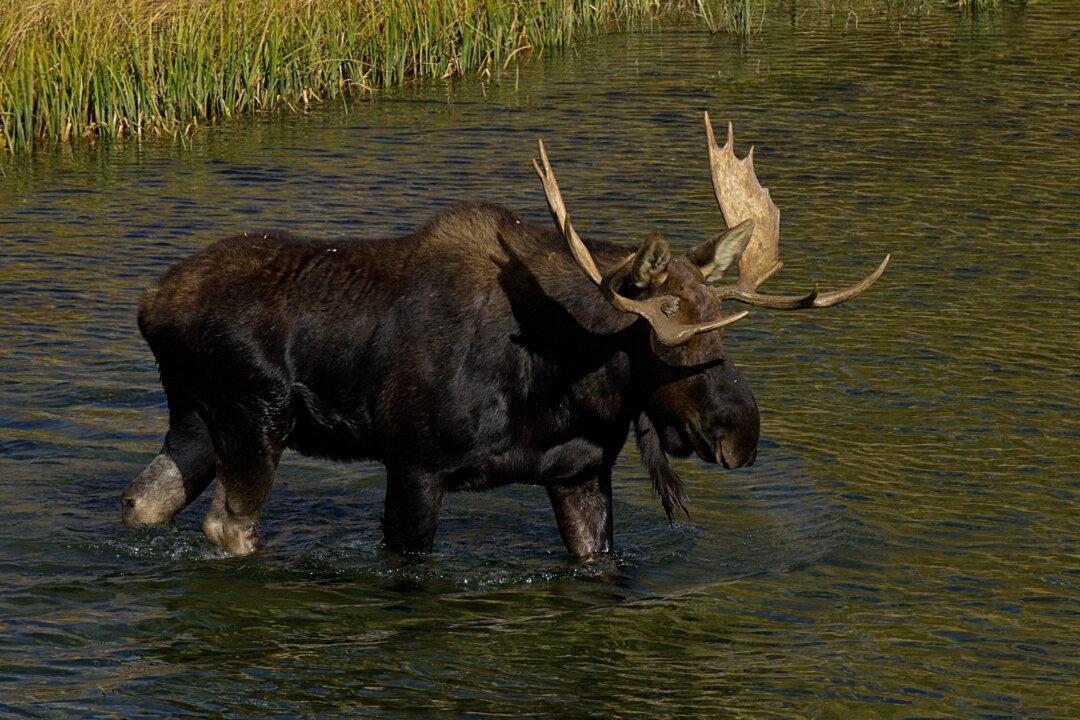A hunter in Washington state set a world record after bagging a moose in November 2018.
Jim Hall from Buckley was hunting on Nov. 28 when he spotted a Shiras moose, according to The Spokesman-Review, which reported that he had been applying for a moose hunting license for 30 years.





